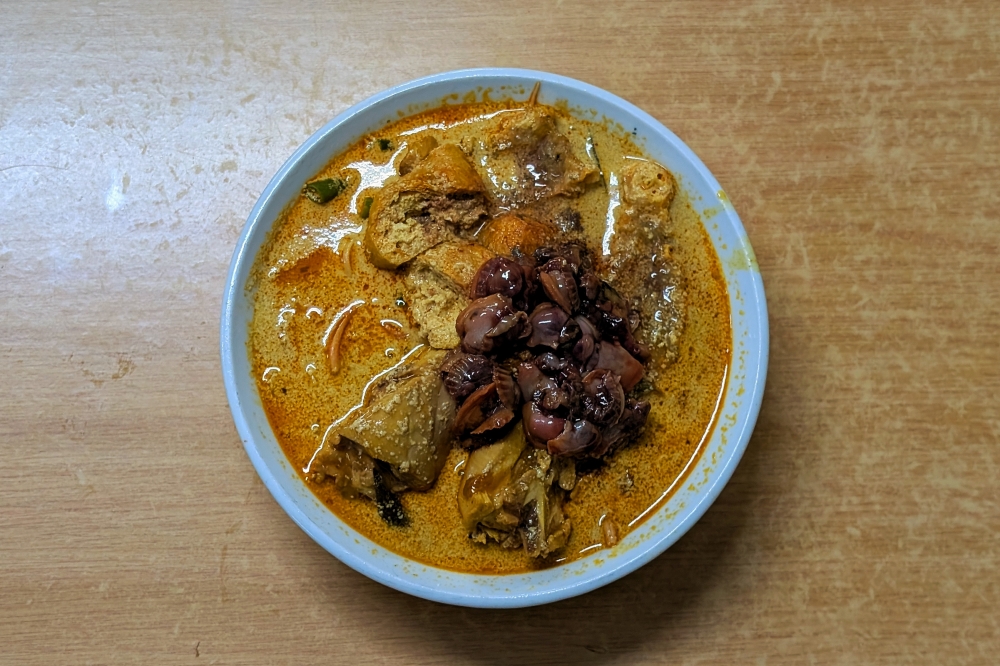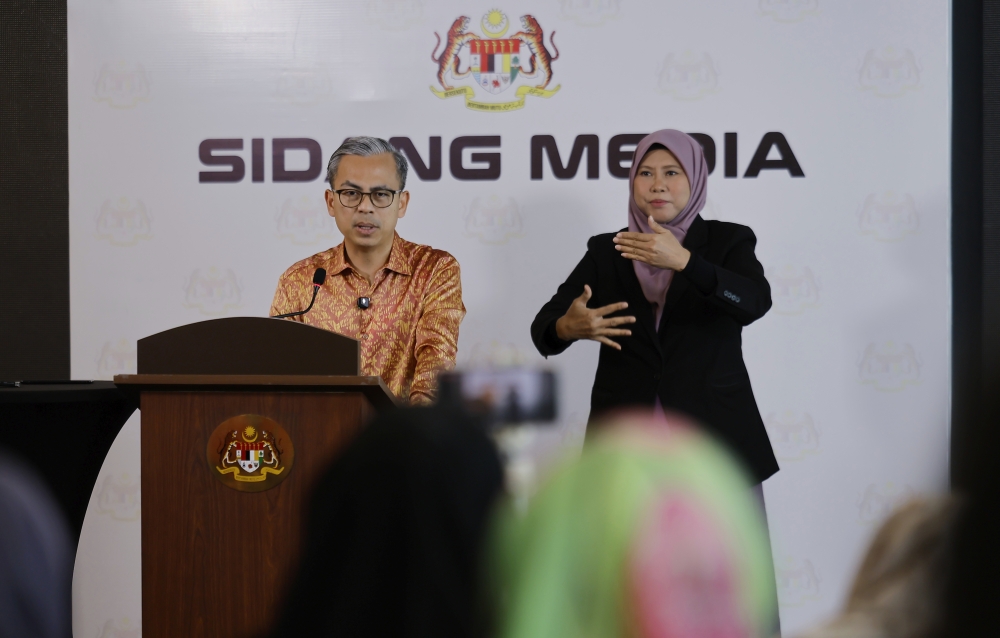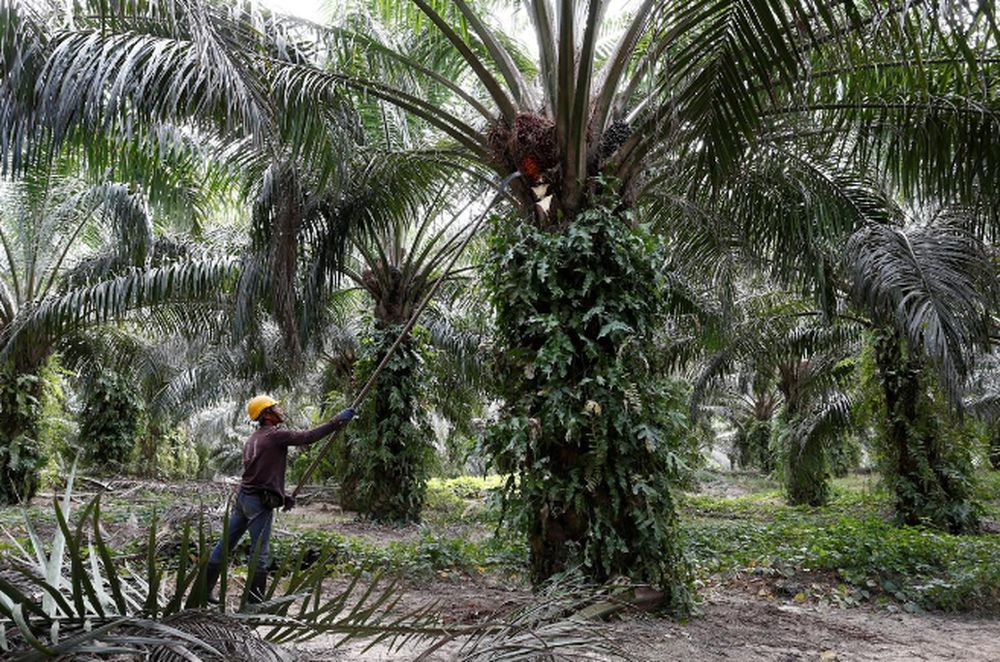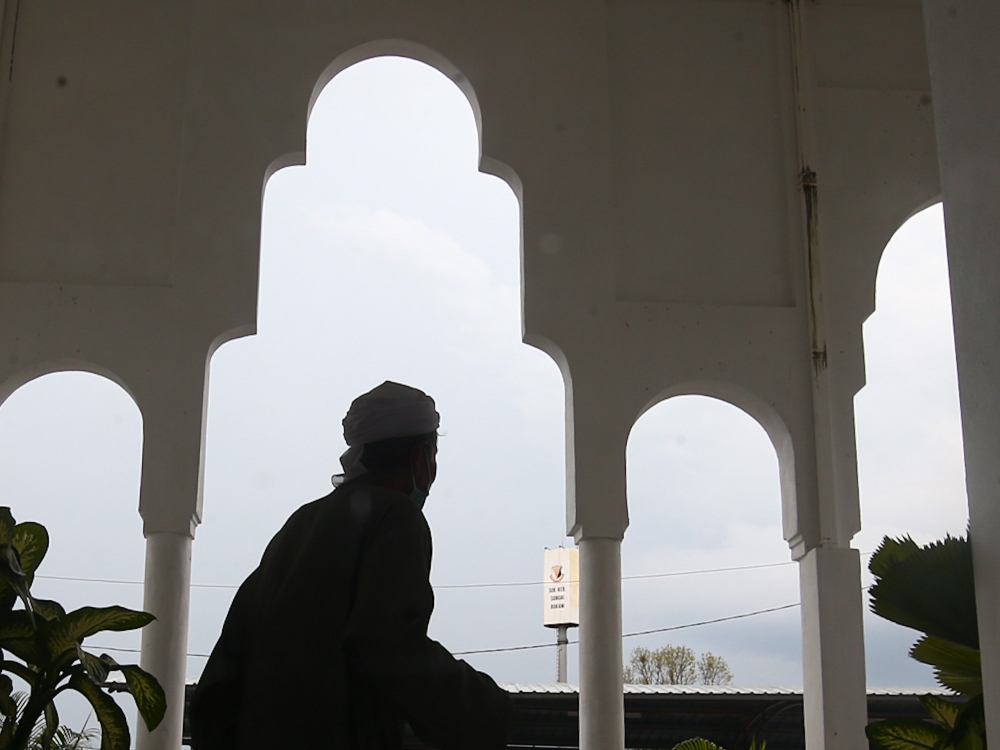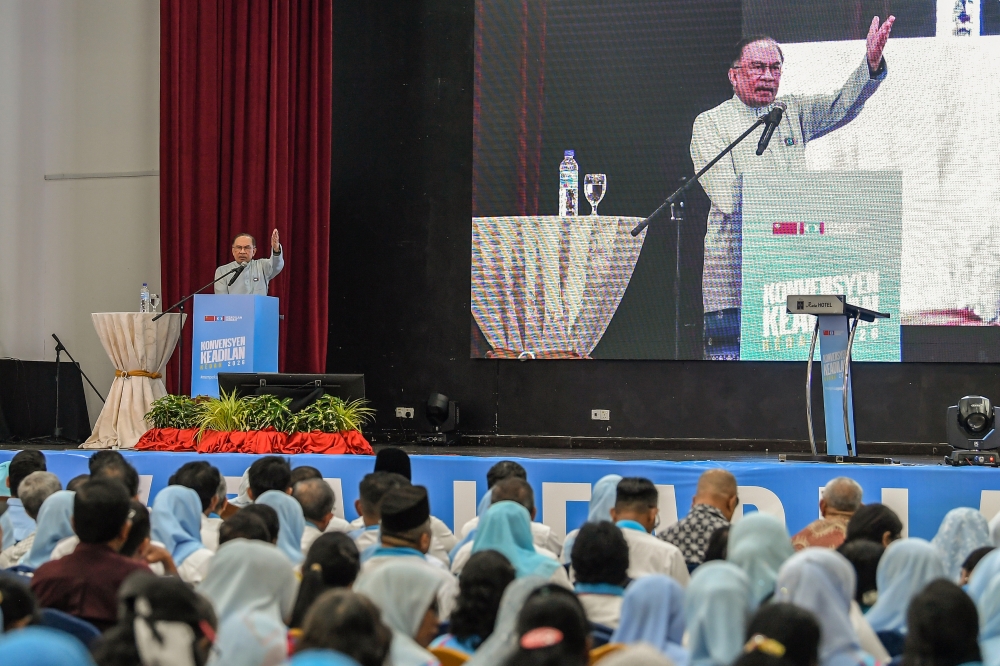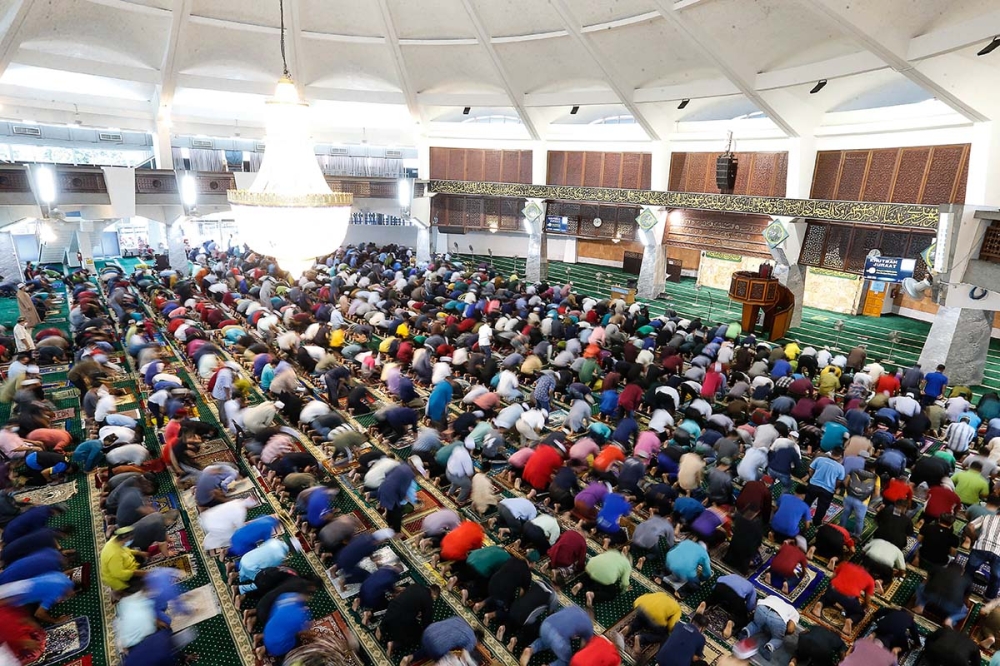KUALA LUMPUR, May 11 — The palm oil plantation sector, one of the nation’s significant economic contributors, is at breaking point owing to a serious manpower shortage.
This is following the government’s yet to be fulfilled efforts to bring in some 32,000 foreign workers, with fruit harvesters in palm oil estates especially at a critical stage, The Star reported, quoting the Malaysian Palm Oil Association (MPOA) chief executive officer, Datuk Nageeb Wahab.
The report said that many plantation companies have been waiting in vain for the arrival of foreign workers since late last year.
“While I don’t see this happening soon, I believe that the approval (for foreign workers) has been expedited by the government.
“The onus now is for the plantation companies to start sourcing for their estate workers,” Nageeb reportedly said, adding that most plantation companies are at risk of losing between 15 and 25 per cent of production this year, and are likely to fall to last year’s production shortfall.
MPOA represents about 70 per cent of privately-owned palm oil plantations in the country, covering about 40 per cent of total planted areas, the report added.
MPOA members include major plantation companies such as Kuala Lumpur Kepong Bhd, IOI Corp Bhd, Sime Darby Plantation Bhd and FGV Holdings Bhd.
Nageeb added that most local planters’ 30 to 40-day harvesting intervals were now the norm versus the 10 to 15-day intervals previously.
He said that the labour shortage has impacted planters’ yields and output in their estates, and this has stopped many plantation companies from fully optimising the record-high crude palm oil (CPO) prices averaging at RM6,300 per tonne in the first four months of 2022.
The Star reported that the plantation sector reaped RM106.5 billion in revenue in 2021, compared with RM73bil in 2020, thanks to the soaring CPO prices.
“Actually, the sector could have reaped an additional RM30 billion in revenue (in 2021) if not for the acute worker shortage,” said Nageeb
The Star also reported United Plantations Bhd recently warning that the acute labour shortage in the sector has now reached a breaking point in several plantation companies.
“If the government does not provide an urgent yet safe avenue to recruit guest workers, it will become impossible to avoid serious crop losses in 2022,” said an unnamed representative of the company.
Although the government has introduced the recruitment of guest workers into Malaysia, United Plantations said the main challenge lies is expediting the process, including providing them with work permits, vaccinations and meeting other important pre-conditions.
“It is therefore not a measure that will create relief in the second quarter of 2022 and, in the best case, the industry will only likely feel the positive impact of this by the end of the first quarter of next year,” the unnamed spokesperson added.
In February, Plantation Industries and Commodities Minister Datuk Zuraida Kamaruddin said that Malaysia will increase its palm oil production this year following a 5 per cent decline last year, due to a Covid-19 pandemic-induced labour shortage.
In an interview with national news agency Bernama, she said that thousands of new plantation workers will be hired from Bangladesh, India and Indonesia to make up for the shortfall as demand for Malaysian palm oil continues to grow.
“Malaysia will be able to supply more palm oil [to overseas markets] when the labour shortage is addressed. We plan to bring in 32,000 more foreign workers,” she said.
Malaysia is the second largest palm oil producer in the world after Indonesia, exporting over 44 per cent of the total palm oil exported globally.
In 2020, according to the Malaysian Palm Oil Council (MPOC), Malaysia accounted between 25.8 per cent and 34.3 per cent of world’s palm oil production and exports, respectively. Malaysia accounted for 9.1 per cent and 19.7 per cent of the world’s total production and exports of oils and fats respectively, for the same year.



